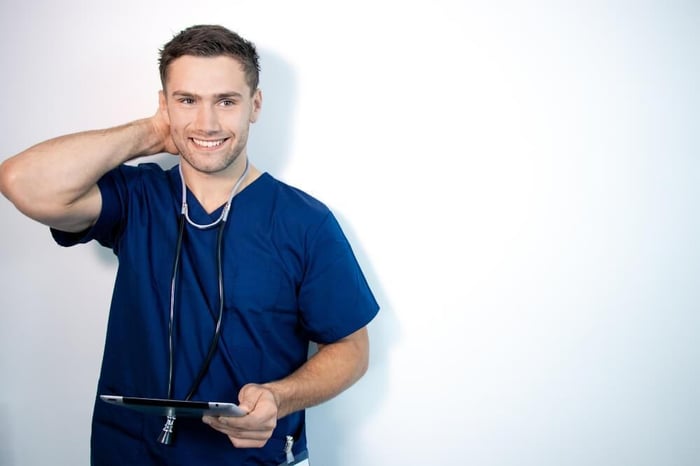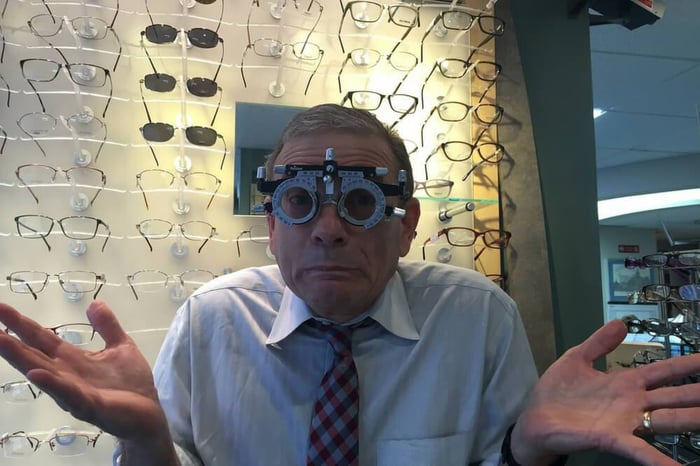
Life as a Clinical Teaching Fellow
Hi, I’m Hannah and welcome to this blog which will give you a bit of taste of what my life was like when I worked as a clinical teaching fellow. You may not have heard about clinical teaching fellows until now and if I’m honest I hadn’t either, until I started medical school myself and was taught by some in my third year.
Teaching fellows can be doctors at any stage in their career that have usually taken some time out of training to get more involved with teaching. They tend to teach all year groups a variety of topics and skills such as communication, clinical and anatomy, to name but a few. I had always enjoyed teaching having taught dancing for much of my teenage years and got involved with teaching students in the lower years early on at medical school. A teaching fellow job therefore seemed the perfect fit for me and I worked towards tailoring my CV so that I would have the best chance of being given the job after my foundation training. I was fortunate enough to be given an Obstetrics and Gynaecology clinical teaching fellow position and so took a year out of my medical training to undertake the role and have one of the best years of my life!
A TYPICAL DAY OF A CLINICAL TEACHING FELLOW
7am: I get up and go for my early morning gym session. One of the great things about taking a year out of training is having a routine for the first time in what feels like forever. After 2 years of changing one gruelling rota for another every 4 months, it's nice to be able to make a weekly class EVERY week and have a taste of a relatively normal, rota free life.
8.30am: I grab a coffee as I head into the office to finish preparing for my morning teaching session. Today, I am teaching the fourth-year students a communication skills session where we practice discussing difficult topics with patients such as sexual history and intimate symptoms. We talk about the basics of history taking in these situations and some common pitfalls to avoid. Then the students begin their practice consultations on actors who have been given a particular clinical scenario for the students to unwrap. I love teaching these types of sessions as I get to share the experiences I have had when dealing with these more difficult clinical encounters as well as working on the feedback that I can give the students to help them develop and improve.

12.00pm: After my morning session I grab some lunch and catch up with my colleagues in the office. We chat about the sessions we have all run this morning and do some more planning for those we have coming up in the week. As well as running pre-planned sessions, we have the opportunity to develop some of our own sessions. We are working on a medical escape room this week and do some final preparation during our lunch break.
13:00pm: Everyone else has left the office to go to their afternoon teaching but I’m on my clinical session so I have another hour before I need to be in clinic. I therefore, spend some time marking the 3rd years essays on their recent patient encounters. I can’t say that I will really miss the marking when I’m back into my clinical work as I definitely prefer the hands-on-side to teaching the most!

14.00pm: As teaching fellows, we are given 1 day a week to do clinical work that helps us to maintain our skills whilst out of training. Today, I am in a general gynae clinic and so start seeing patients that have been referred up by their GP with problems such as heavy periods, fibroids and endometriosis. I see the patient and chat to them about what’s brought them up to see us and how their problem is impacting on their life. I then examine the patient to collect any further information that might help determine their diagnosis before discussing with the consultant about an appropriate management plan.
So, there you have it! I hope you now have more of an idea of what a clinical teaching fellow is and what they do on a daily basis. However, I also hope that I have shown you that medicine can open more doors than you first realised. This is just one example of how you can develop your own career to include things like teaching, management or leadership through taking time out of training or moulding your career pathway to further pursue your own interests.
If you have any questions or need advice don’t hesitate to email us at [email protected].



